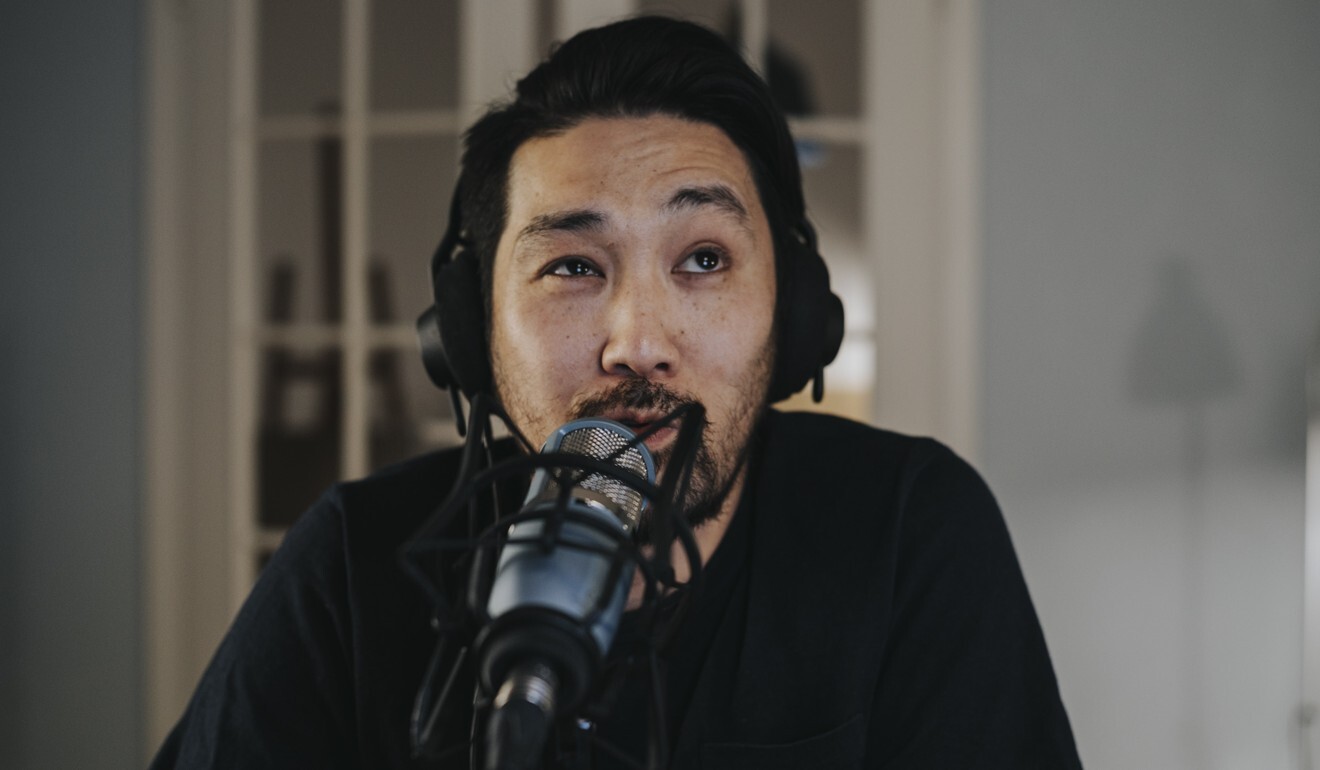
So you want to start a travel podcast. You need passion, planning, the right platform – and a few bits of kit
- With free, easy-to use apps and platforms, it’s never been easier to start your own travel podcast. You need something to stand out from the crowd, though
- Here are some tips on choosing the right app, the right equipment and monetising your output
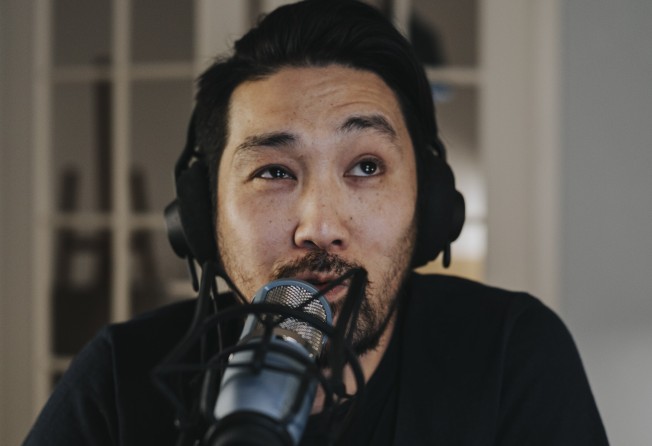
The idea of launching your own travel podcast might appear somewhat daunting. Don’t they require technical know-how and money to set up, you might ask.
While this may be the case for top-level podcasts, there are some free, incredibly easy-to-use podcast apps and platforms out there for novices. With a little forethought and planning, anyone can now produce and distribute a podcast without fancy gear or technical knowledge.
Where to start?
Deciding on a strong theme with a flexible structure is essential for any podcast (if it is hiking, then you could also do gear reviews, for example).

Numerous travel podcasts already exist, with many of the higher profile ones focused heavily on celebrity interviews and insider knowledge.
Try to focus on something that you are passionate about, as this will shine through, and remember that podcasts are all about creative storytelling.
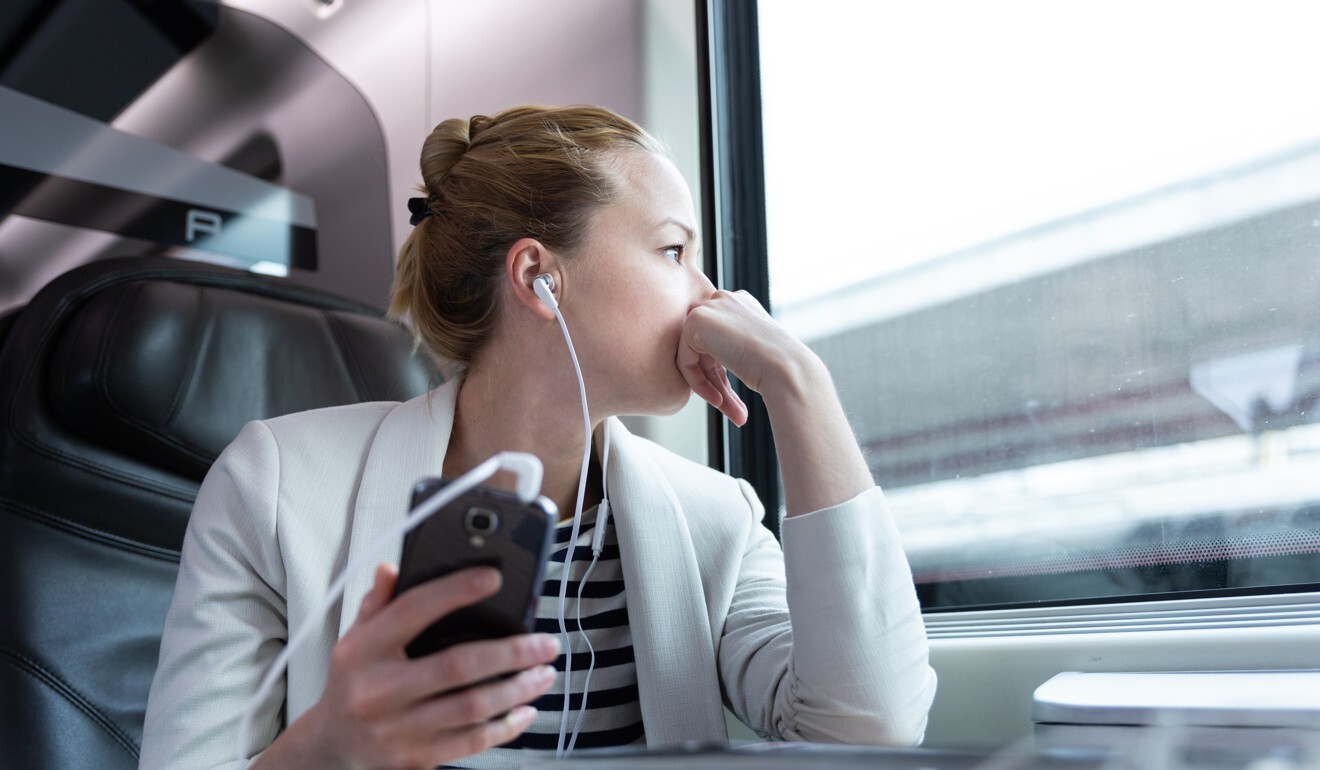
Plan and formulate
Have at least three episodes planned before you start recording, as consistency is key if you want to build an audience. Many podcasters give up before they make 10 episodes.
Avoid waffling, and keep things lively and upbeat to maintain story flow. Always have a purpose to each episode; one that starts with intrigue and ends with an answer will help hold listeners’ attention.
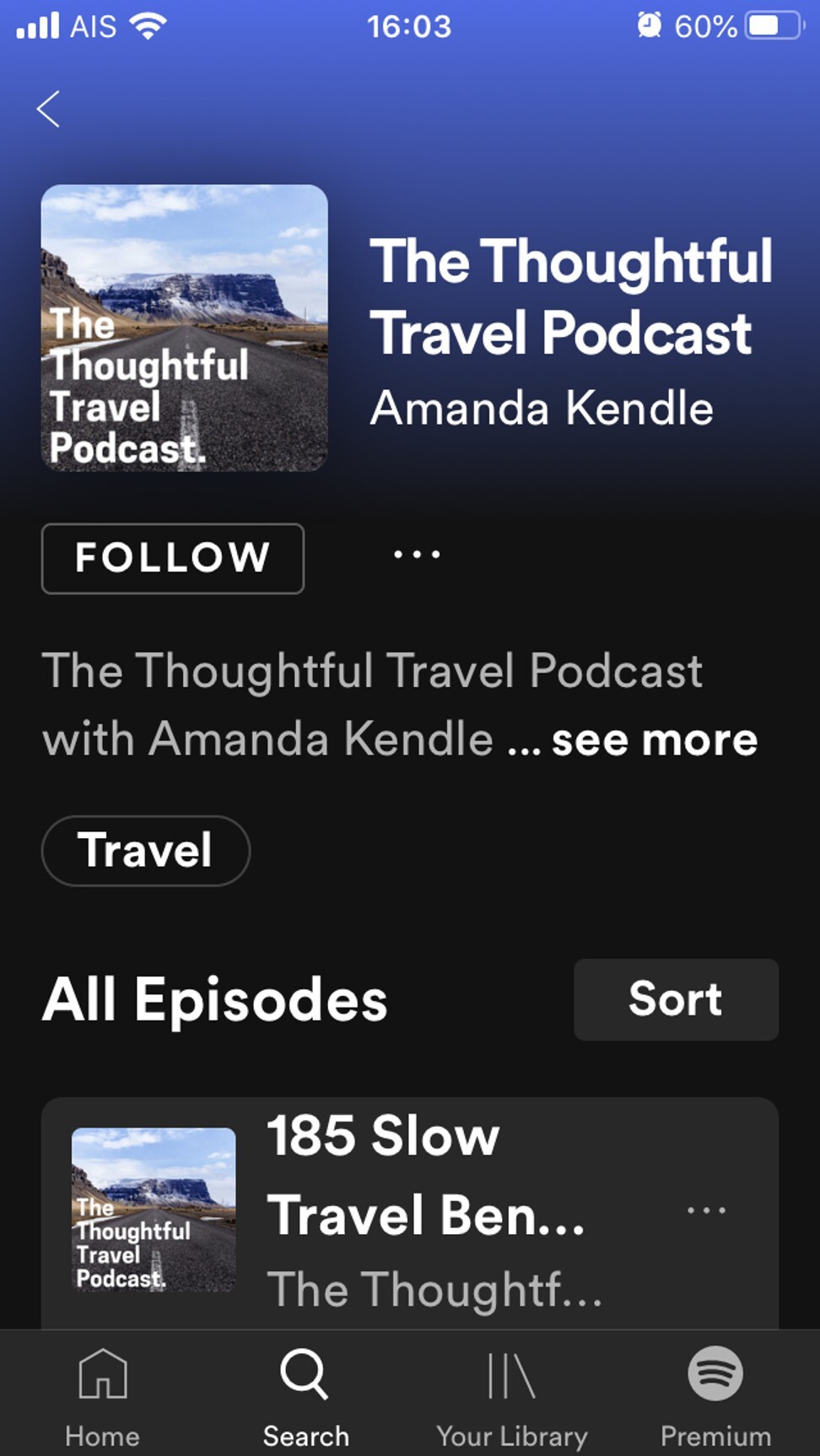
Podcast versus YouTube
Podcasts tend to last for much longer than most YouTube vlogs (20 to 45 minutes for podcasts and five to 12 minutes for YouTube videos). Listeners often tune in while doing other things, as they don’t require full attention.
Podcasts are great platforms for those of us who are camera-shy but have a story to tell. And from a workload and equipment angle, podcasting is far easier than producing and editing a YouTube video, although you do have to be more engaging when you have no visual distractions to call on.
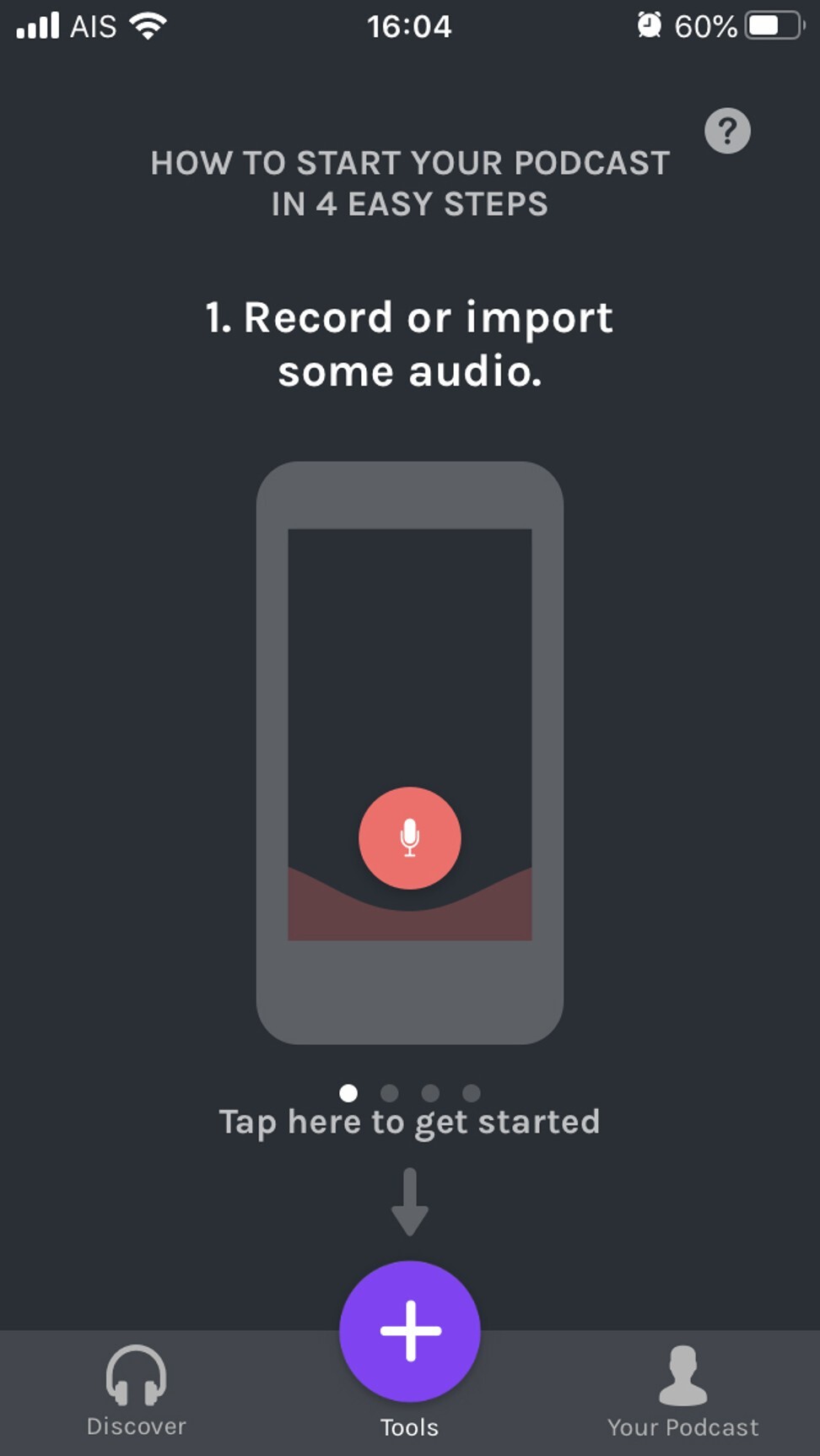
Getting on air
Once you have your podcast theme and first episodes loosely scripted (or have clear notes to hand) you are ready to roll.
There are numerous paid podcasting hosting options (libsyn.com being popular, from US$5 per month) and a few free ones (podbean.com being a good option). Among the easiest options is Anchor (anchor.fm), a free online platform and hosting app (available on iOS and Android) that does much of the technical work and distribution for you. You can use the app to distribute your content to most of the major platforms (such as Apple, Podcasts, SoundCloud and Spotify – which owns Anchor).
The downside to Anchor is the lack of control in monitoring stats from other platforms.
You will need to have a name and compelling description for your podcast, some artwork or a logo (there are free options within Anchor).
You can record directly to the app, or to a separate audio recorder or recording app, through which you can edit the recording in more depth if needed. Add a theme tune if you wish, making sure it’s royalty-free (try the YouTube audio library for this).
Then hit publish. You can link the podcast directly to your social media channels, embed it to a website or blog, and download the recording.
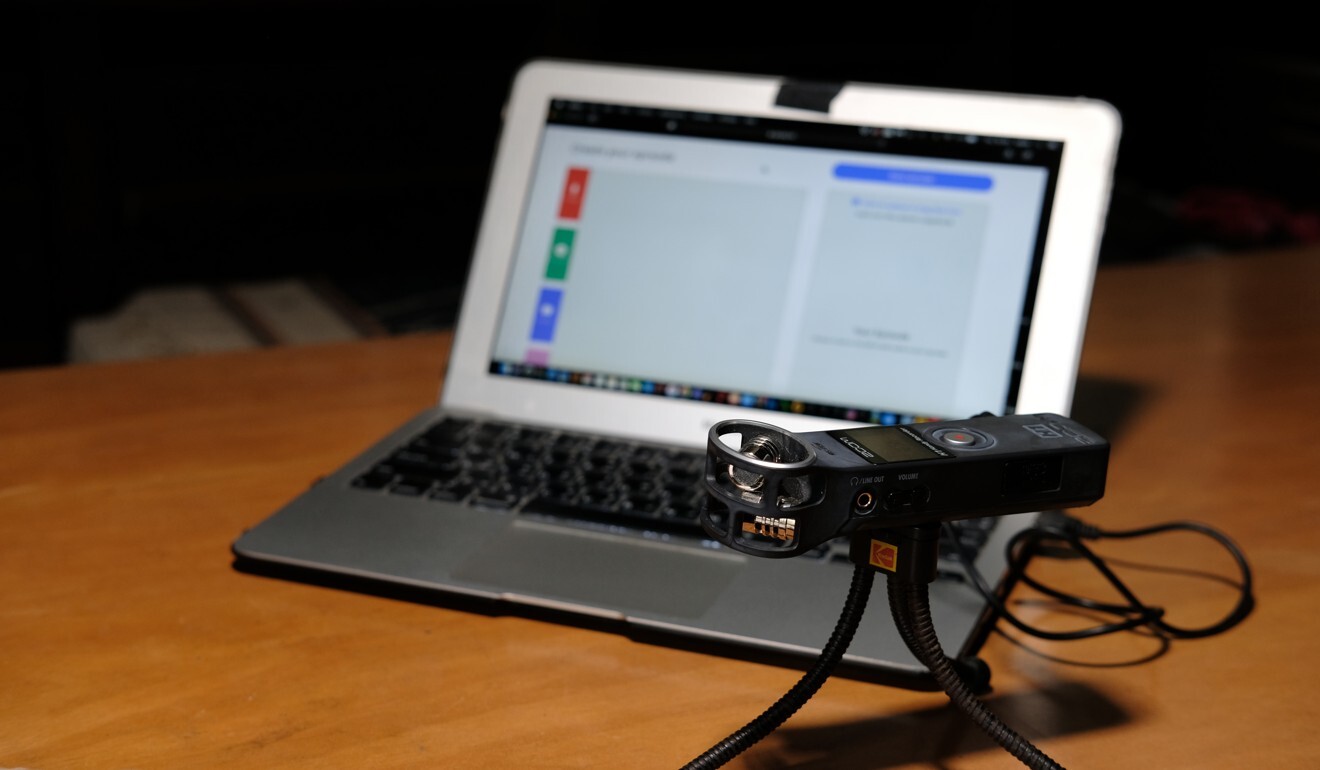
Minimal gear set-up
You can produce a podcast straight from your mobile device or computer free of charge by using the inbuilt microphone. There are several free recording and audio editing apps, as well as free software, which can produce professional results (Garage Band on iOS, Audacity for Windows, or the Ferrite mobile app).
You can record interviews using Skype or Zoom’s in-app recording functions, but by law you need to inform your interviewee that you are recording.
Getting the best quality audio is vital; nobody wants to listen to tinny and crackly voices with distracting background blurb.
Start with a quiet environment where you will not be disturbed during recording.
A good external microphone is worth the investment. A basic lavalier mic can cost around US$15 online. Boya are a good budget option, Rode are better, but more costly. Even the mic from your earphones/ear pods will be better than the direct phone mic.
If you do record direct to your phone, make sure the phone is 15cm to 20cm from your mouth and kept stable (a mini tripod is ideal). If possible use a foam shield stretched over the mic to reduce background noise.
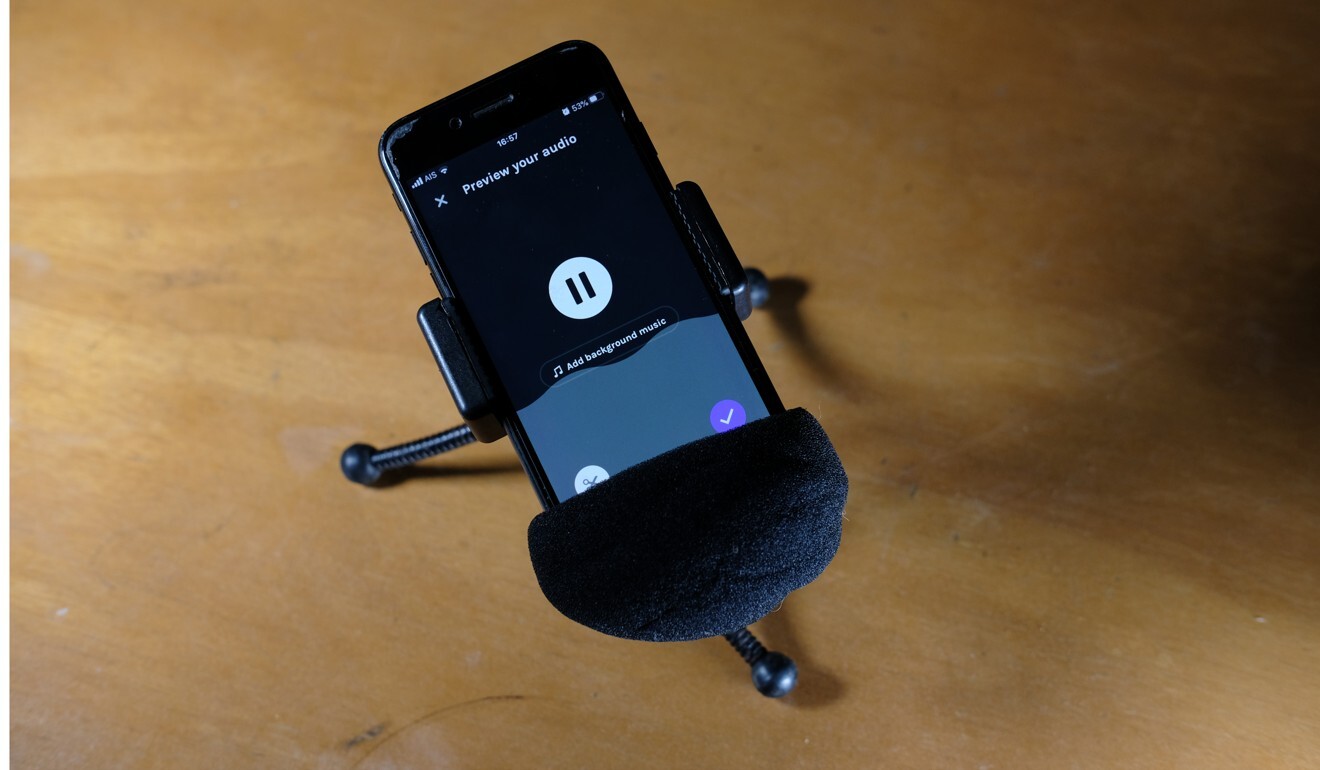
Monetising your podcasts
With most platforms you will need to build a substantial audience before you can monetise through them – although you can of course add your own adverts and obtain your own sponsorship if you wish.
Anchor is unusual in that it does allow monetisation from the get go, although only if you are in the United States.
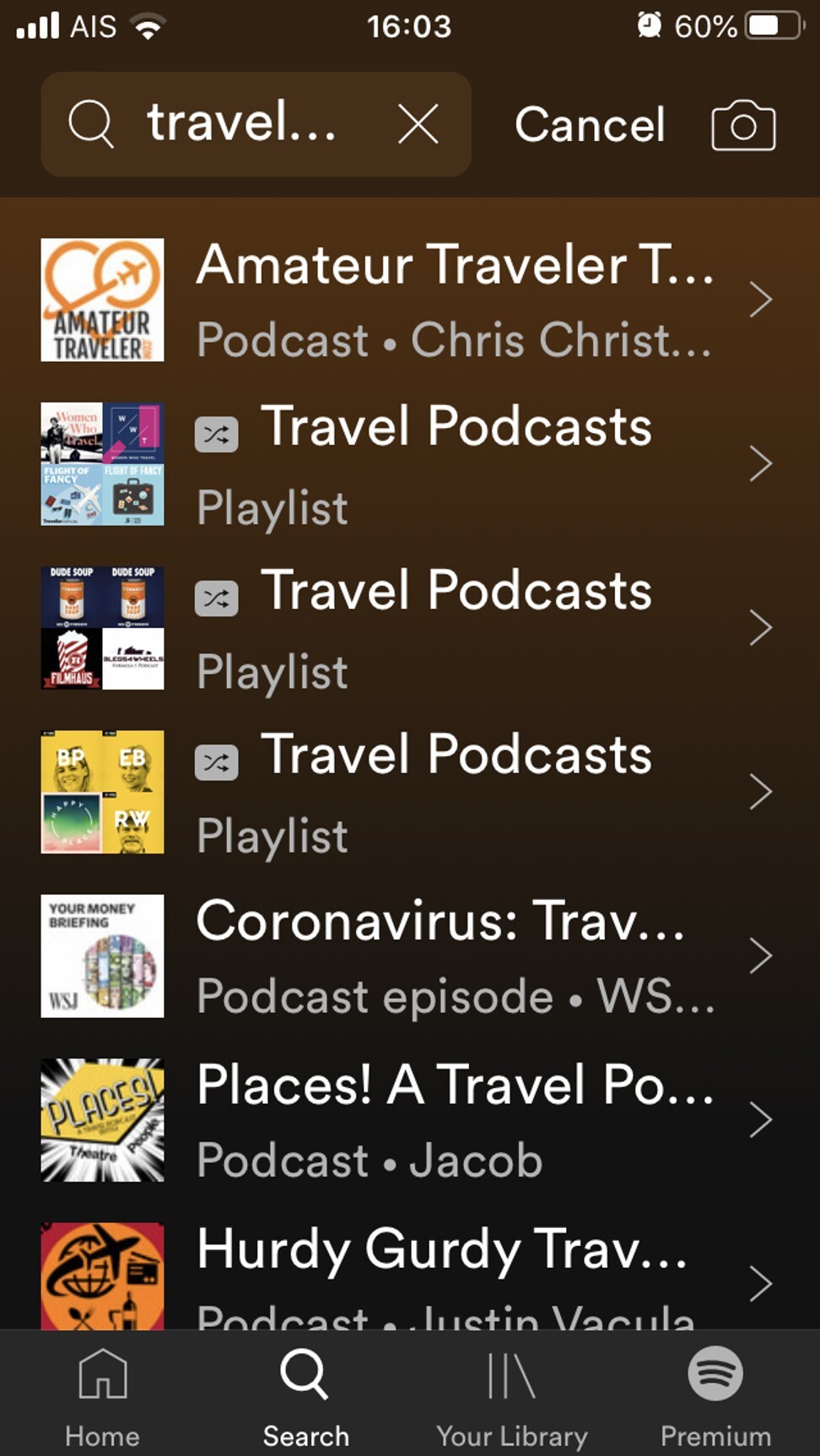
Resources and inspiration
Listen to other good travel podcasts for inspiration, such as Far East Travels Podcast, Zero to Travel, and The Thoughtful Travel Podcast.
There are also some great YouTube channels for setting up and building a podcast, such as Pat Flynn, Pod Sound School and Podcast Ninja.